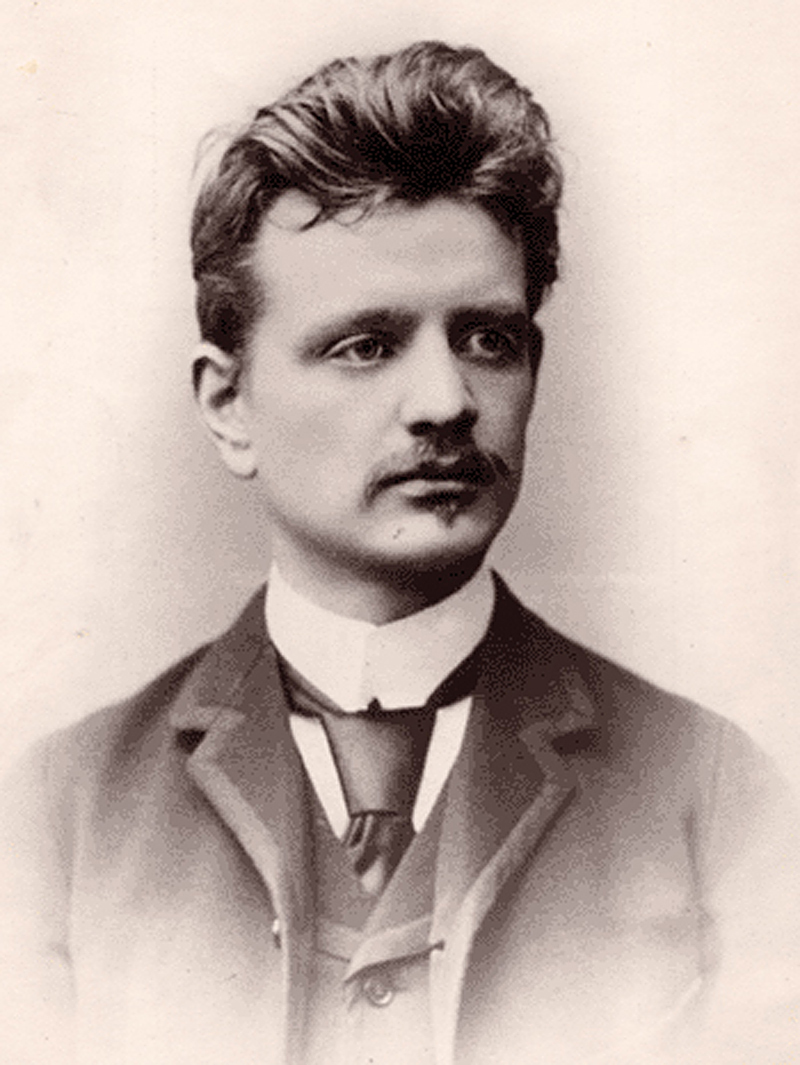In his very first column for the New York Herald Tribune, in 1940, critic Virgil Thomson dropped a bomb with his dismissal of Jean Sibelius‘ very popular Second Symphony as “vulgar, self-indulgent, and provincial beyond all description.” He was probably referring to the sweeping, heaving final movement. When I first played it in a youth orchestra, I thought it was the most orgasmic music I had ever heard, and I still love it, but I now see what Thomson meant. The music’s far from subtle, dominated for minutes on end by a swaggering, barrel-chested, and frankly banal tune that sounds like every Viking-epic movie soundtrack ever written. Still, you can’t really blame a composer because Hollywood hacks later plundered him for ideas, alchemizing his gold (OK, copper) into lead. The same problem beset Sergei Rachmaninoff, another 20th-century traditionalist whose music was popular in the wrong way and whose reputation suffered unjustly. Likewise Francis Poulenc, whose way of combining devout Catholicism and insouciant boulevardier chic is impossible for those of more ascetic tastes to swallow. This weekend, the Seattle Symphony brings the three together in a program that could be titled “Music the Avant-Garde Loved to Hate.” On hand for Rach’s Rhapsody on a Theme of Paganini is pianist Kirill Gerstein; Julianne Gearhart is the soprano soloist for Poulenc’s Gloria; Robert Spano conducts.
Ear Supply: The Sap Is Rising
Music the avant-garde loved to hate.







